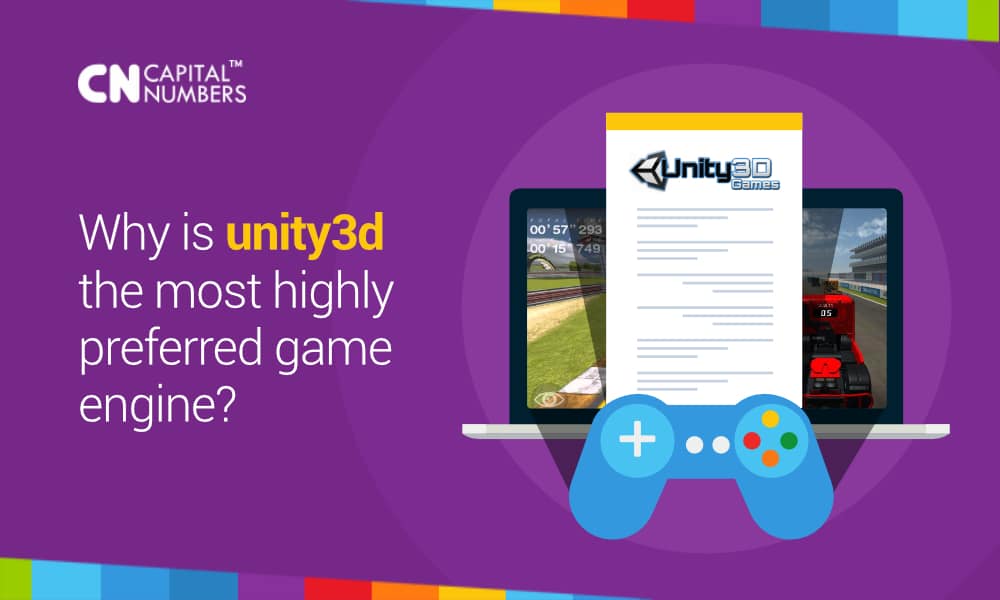Why Is Unity3D The Most Highly Preferred Game Engine?
Table of Contents
The name of Unity3D is familiar to almost every game enthusiast out there. Assassin’s Creed, Temple Run and Escape Plans are some of the names which would make any gamer worth his/her salt cheer loud and wild. All three belong to the house of Unity Technologies, the company credited with fashioning and developing some of the most famous and addictive games in video-gaming history. The game engine of Unity3D company was created back in the early 2000’s as a tool for development of their GooBall project. Later, GooBall received a grand launch at Apple’s Worldwide Developer Conference. As expected, it was a hit overnight and was essential in helping to pry the process of game development from a handful of oligarchs who were monopolizing the scene. Indie developers from all over the world were able to lend expression and realization to their talent. It is owing to this platform, provided by Unity3D, that GooBall has stood the test of time and passed with flying colors. Here are some of the most prominent factors that make Unity3D one of the most preferred game engines of all times:
- First things first Unity3D has a tremendous amount of convenience operationally. The amount of control it exercises over the interface display of its website is enough to hook anyone who takes notice of it. The visuals are designed in such a manner that they focus completely and single-mindedly on the workflow and processes related to game development. It is also markedly simple to use; any object on the screen can be adjusted and its position altered with a simple drag-and-drop action. The feature of the ‘inspector window’ can be used to properly examine the features and action carried out by an object. You can adjust the settings for the raw images and background script to be displayed on a screen, in the game. It also includes certain plug-ins which help to make the Unity3D interface seem compact and seamless while running the game. The result heightened capacity for productivity.
- Another cardinal point is the flexibility of the script. Almost every game engine out there can boast of having a visual editor, but only Unity can truly claim to have a broadened approach regarding the behavior of game objects. Instead of being limited to only the inbuilt modules that come embedded in the engine in its original form, it expands its capacity to lend support to high-level languages such as Java and C# and scripting languages like Boo. What’s more is that one could use all the three languages at the same time while working on a particular project. This essentially was the founding stone for Unity3D’s popularity. With its features allowing for both Java and C group languages to be used in the same project at the same time, it allowed game developers from diverse technological backgrounds to work freely on any type of project while using the Unity3D platform.
- The use of computer languages in script form ensures that program execution is fast, iterations are done pretty quickly and designs have a consummate flexibility to them.
- Coming to the last, but definitely not the least point, in terms of capacity, to inspire awe, any game designed by enlisting the help of Unity3D would be compatible on any platform and on any Operating System (OS). Windows (All versions), Linux, Macintosh, Android, Flash, iOS—everything can work perfectly well with whatever project is designed using Unity3D as a platform. This has been a source of huge relief to game developers since this feature successfully eliminates any worry of having to work on making a game compatible with various devices and systems.
In conclusion, one can only say that it is little wonder that Unity3D has proved itself to be the leading player in the gaming and game engine development industries. Chances of any other firm prevailing over Unity3D in the near future seems extremely unlikely.















